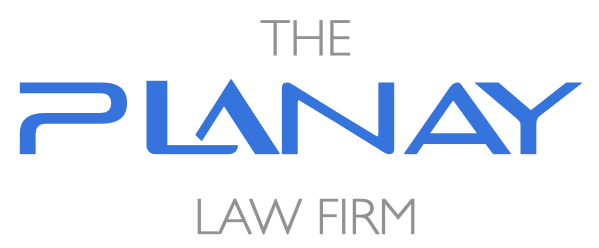New Copyright Act Exemption Proposes “Right to Repair” Your Car
G-Men Propose to Open a Gate into the Automakers’ Walled Garden — in the Name of a “Right to Repair”
The Copyright Act prohibits the “circumvention” of technical protection measure (“TPMs”) that control access to copyrighted works.
The FTC and DOJ’s Antitrust Division (the “Agencies”) have provided a joint comment proposing exemptions from the rule against circumvention of TPMs in order to facilitate the repair and monitoring of consumer and industrial products.
Manufacturers of software-enabled devices and vehicles routinely cut off DIY repair (other than by OEMs) by limiting the availability of parts and tools, imposing TPMs on equipment, and imposing restrictions on warranties. The Agencies argue that harms stemming from such restrictions are well documented, and lead to flagging patient care, spoiled crops, and excess electronic waste. They say OEM lock-in reduces opportunities for service and repair aftermarkets and decreases incentives to innovate and compete on price.
In the Agencies’ view, repair-related exemptions would promote competition in markets for replacement parts, repair, and maintenance services, as well as facilitate competition in markets for repairable products, which benefits consumers by lowering the cost of repairs, improving access to repair services, and minimizing delays. The Agencies further maintain competitive repair markets promote entrepreneurship through the formation and operation of third-party repair markets, ultimately improving consumer choice, satisfaction, and innovation.
Repair of Computer Programs. An exemption currently exists for computer programs that control devices designed primarily for use by consumers for diagnosis, maintenance, or repair of the device. The Agencies are supporting expanding the current exemption to commercial and industrial equipment. They say expanding the current exemption to include computer programs that control access to commercial and industrial equipment would open repair aftermarkets to compeftition.
Vehicle Operational Data Computer Programs. Another exemption currently exists for computer programs that control motorized land vehicles, marine vessels, and mechanized agricultural vehicles for purposes of diagnosis, repair, or lawful modification of the vehicle or vessel. The Agencies are supporting adopting an additional exemption to allow vehicle owners or the repair shop of their choice to access, store, and share vehicle operational data.
MEMA, the Vehicle Suppliers Association, proposes a new, related exemption to access, store, and share vehicle operational data, including diagnostic and telematics data, from automobiles, boats, and commercial and agricultural vehicles in a manner that would further facilitate maintenance and repair of these vehicles. MEMA explains that modern vehicles increasingly monitor and log all manner of data reflecting the vehicle’s operation through the installation of electronic control units (ECUs) that are commonly TPM-limited. MEMA argues that the proposed exemption would allow greater freedom for vehicle owners to seek service and repairs, and to make modifications to increase functionality and accessibility, among other potential non-infringing uses.
Availability for Use. TPMs implemented in vehicular telematics control units limit access to various types of electronically logged operational data that are not copyrightable, including data relating to braking, fuel usage, and other aspects of vehicle operation. The protectable IP used by these systems is limited to the computer code that constitutes a protectable work. Access to uncopyrighted telematics data is useful for numerous non-infringing purposes including the repair and maintenance of vehicles, as well as other valuable monitoring uses. But MEMA indicates that access to this data is not practicable without circumvention, and while access to uncopyrighted telematics data may require some access to copyrighted code and/or data structure, such access would be merely incidental to the access for use of uncopyrighted data.
